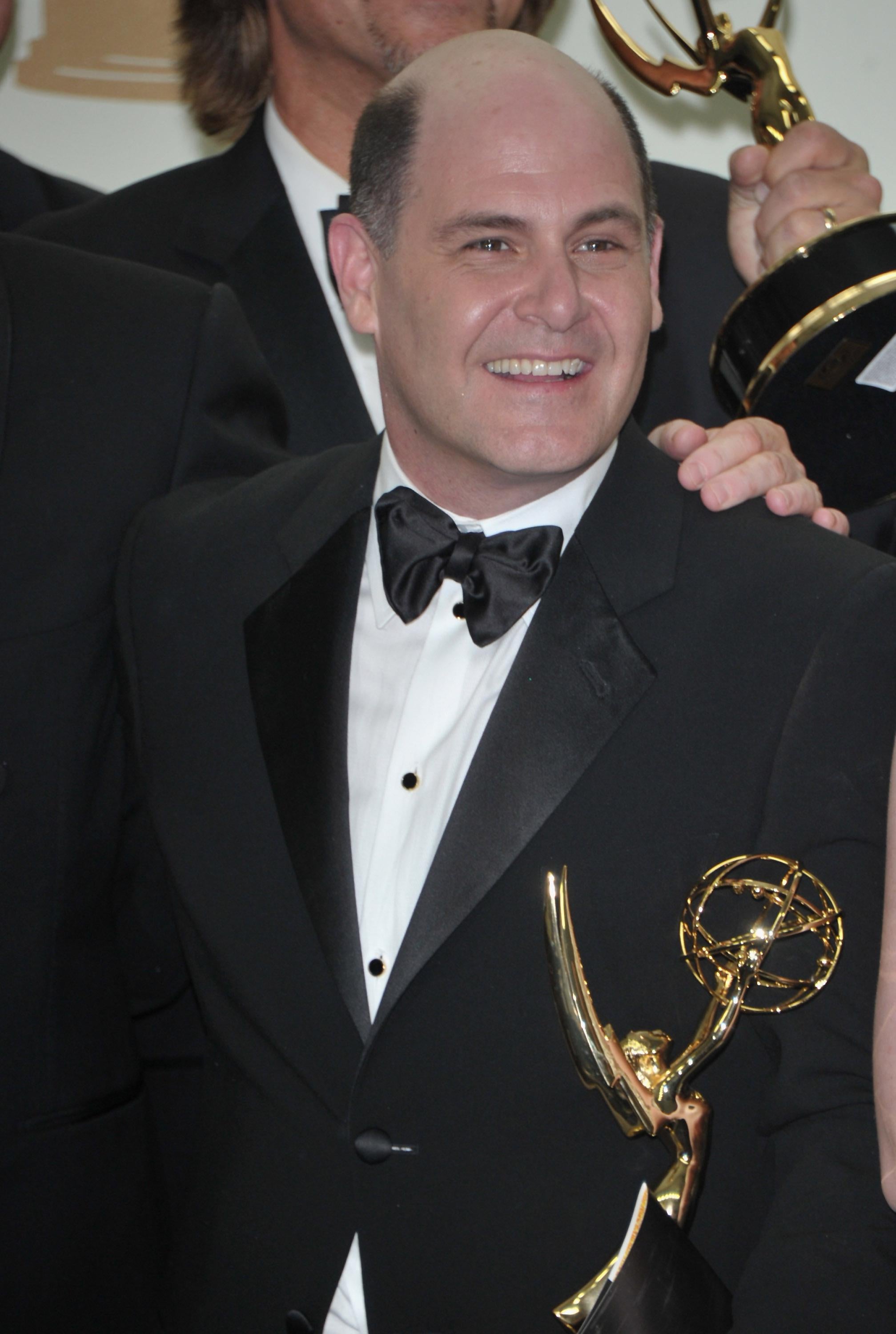This week, The Hollywood Reporter published its fourth annual list of the “Top 50 Power Showrunners” working in television. Many on the Hollywood Reporter’s list are synonymous with their show’s creation and vision. Where would Mad Men be without Matthew Weiner, or Community without Dan Harmon? These days, most savvy TV fans know a showrunner is the person in charge of the daily operations of a show, having both producing and writing responsibilities. But those who pay attention when the credits roll will notice that “showrunner” isn’t in there. So where did the term come from, and when did people start using it?
Most likely, the late 1980s. The rise of the term “showrunner” tracks with the rise of writers in television. Before TV became a “writer’s medium,” it was a studio’s medium. Throughout the ’50s and ’60s, studios controlled all facets of production, from conception onward. Writers were mostly contract workers and did not generally participate in crafting the vision of the show. Studios only allowed experienced executives to pitch new shows, and these executives typically stayed on as the chief producers.
This system broke down in the late 1970s with The Mary Tyler Moore Show. According to veteran TV producer Jeff Melvoin—who has supervised shows from Remington Steele to Army Wives—Mary Tyler Moore was one of the first shows to give writers real creative freedom. “Once you gave writers a sense that they were in control, it was hard to go back,” Melvoin says. At the same time, audiences began to expect richer characters and plotlines. To keep a coherent vision, hit shows like Hill Street Blues began to rely on staff writers over contract writers. As writers became more critical to keeping shows on air, they were given more production responsibilities. Soon, studios even allowed writers to create new shows—and then to stay on to shape the shows they envisioned. The writer-executive producer was born.
But in an era of producer credit proliferation, those on set needed a new, shorter term to separate the person making final creative decisions from other producers. “You needed to know who the person to blame is, and who has the ultimate authority,” says Alex Epstein, author of Crafty TV Writing. “Showrunner” became natural shorthand for the person who literally runs the show. Variety started using “showrunner” to describe producers in 1992.
The New York Times explained showrunning to a mass audience in a 1995 profile of John Wells, the then-showrunner of E.R. Wells was responsible for “all important decisions about the series’ scripts, tone, attitude, look and direction.” Yet, some remained unconvinced about the visibility of showrunners. A skeptical publicist asked the Times, “Who are the viewers most interested in? Some guy who types and sits in his office 80 hours a week, or the good-looking men and women who appear on their television sets every week?”
As it turns out, for some, it was the former. “Whole communities formed online, virtual universes as fascinated with the shows’ creators as they were with the shows themselves. There was worship in the air,” Emily Nussbaum has written, describing the rise of the “interactive showrunner” in New York Magazine earlier this year.
As these online discussion forums grew, and eventually gained access to showrunners themselves, the media began paying more attention. Hence the proliferation of profiles and interviews of the people who call the shots behind the scenes. And, as a result, increasing familiarity with—and use of—the term “showrunner.”
